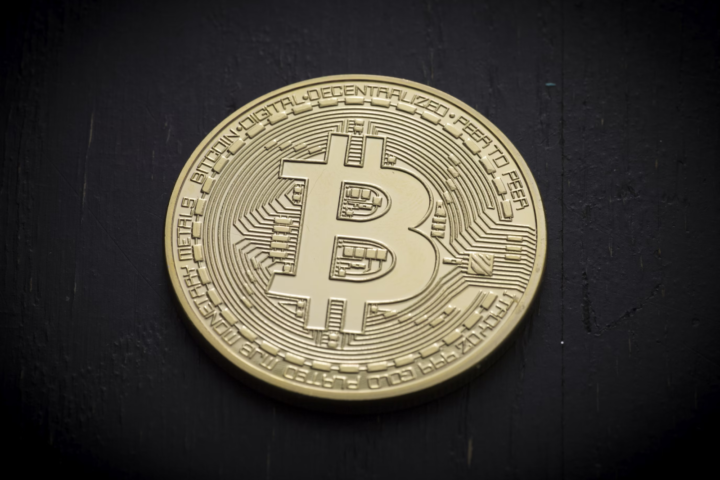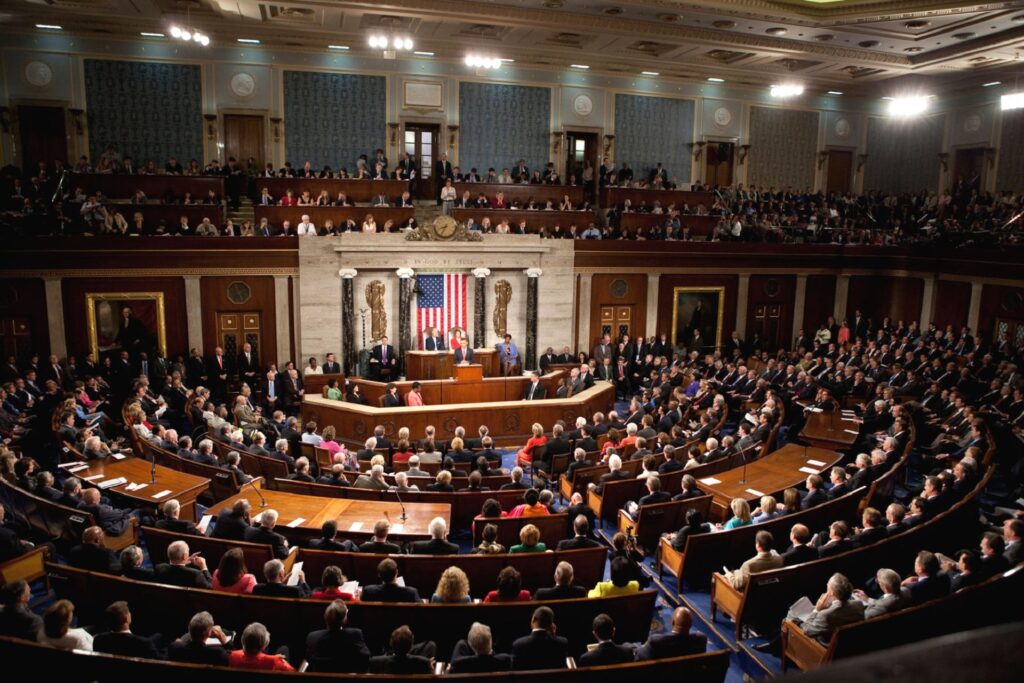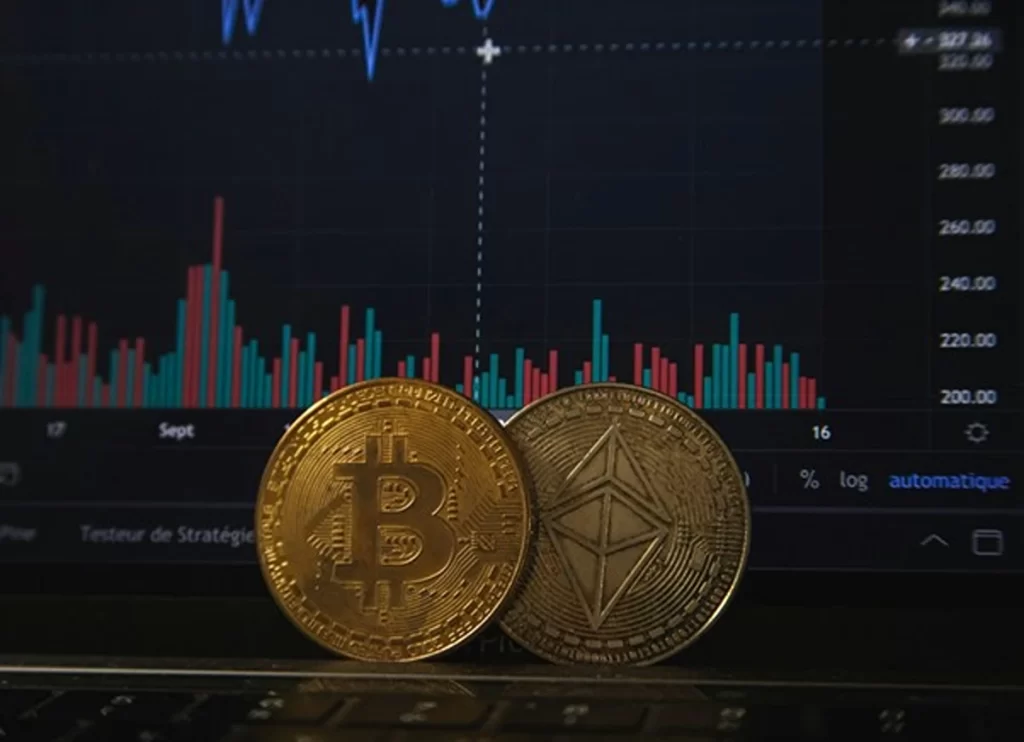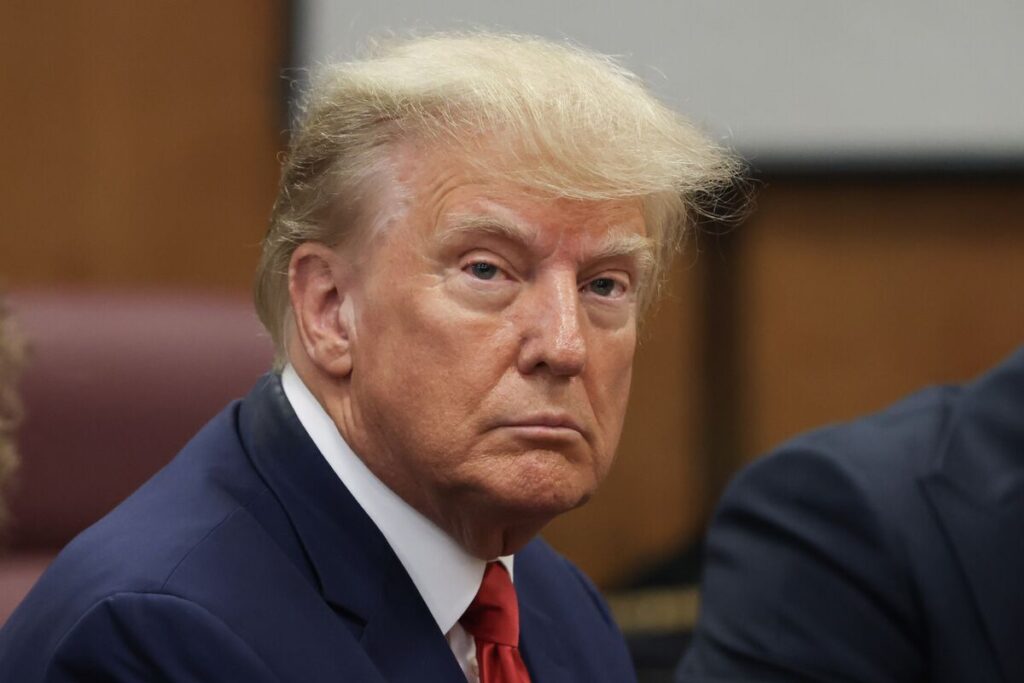Concerns about deeper Bitcoin price declines are growing after several prominent long-term holders began offloading major portions of their holdings.
Gold investor and economist Peter Schiff believes these moves signal a structural shift in the market that could amplify future volatility.
He argued over the weekend that Bitcoin is “finally having its IPO moment,” claiming the market has matured enough for early adopters to exit with significant liquidity.
“This much Bitcoin moving from strong to weak hands not only increases the float, but also means future selloffs will be bigger,” Schiff said.
Long-Term Holders Increase Selling Activity
Fresh blockchain data shows that whales and other long-established Bitcoin holders sold more than 400,000 BTC throughout October.
That level of selling contributed to meaningful downward pressure and pushed Bitcoin’s price below the $85,000 mark.
The cryptocurrency market has been split in recent weeks, with some analysts expecting the bull cycle to resume once liquidity conditions improve, while others warn that these movements may be early signs of a broader bearish reversal.
Exchange inflows, which track the amount of Bitcoin being sent to trading platforms, remain elevated and indicate that additional selling could be underway.
Prominent Investors Exit Positions Amid Market Uncertainty
Notable early holder Owen Gunden became one of the most significant sellers this cycle after liquidating his entire 11,000 BTC position across October and November.
The stash, valued at approximately $1.3 billion, was accumulated during the earliest stages of Bitcoin’s development.
His exit was followed by another high-profile sale from Robert Kiyosaki, the “Rich Dad, Poor Dad” author and long-time Bitcoin supporter.
Kiyosaki disclosed on Friday that he sold all of his Bitcoin holdings, worth around $2.25 million.
He explained that he originally bought Bitcoin at approximately $6,000 and decided to take profits after the asset reached the $90,000 range.
According to Kiyosaki, the capital will now be redirected into income-producing ventures, though he stressed that he remains optimistic in the long term.
“I am still very bullish and optimistic on Bitcoin and will begin acquiring more with my positive cash flow,” he said.
Analysts Identify Key Drivers Behind the Price Decline
Market analysts at crypto exchange Bitfinex attribute the latest correction to two primary catalysts.
The first is the wave of large-scale selling from long-term holders seeking to lock in profits.
The second is heightened leverage in derivatives markets, which has led to liquidations that further intensified downward momentum.
Despite the short-term pressure, Bitfinex maintains that Bitcoin’s underlying fundamentals remain strong.
Institutional interest continues to increase, and analysts expect professional investors to keep accumulating BTC as part of long-term portfolio strategies.
Retail Investors May Struggle to Withstand Volatility
While institutions may continue building positions during market weakness, retail investors could amplify the next downturn.
Vineet Budki, CEO of venture firm Sigma Capital, said many retail participants lack conviction in the asset during periods of stress.
He warned that this behaviour could create extreme volatility if the market enters a new bearish phase.
Budki believes that retail selling could ultimately trigger an estimated 70% price decline in the next major bear cycle.
According to him, this dynamic—combined with the recent migration of Bitcoin from long-term holders to newer, less resilient market participants—may set the stage for a more dramatic correction than previous cycles.
Solana’s Uncertain Future
Solana has also suffered during the broader crypto market sell-off in recent weeks. However, many analysts remain bullish on SOL and have been accumulating at these lower prices.
Furthermore, the Solana blockchain is continuing to be used to transactions and Dapps. Those curious are Solana casinos can read analysis on Esports Insider and learn how Solana is powering many emerging digital sectors.
Market Braces for Potentially Wider Price Swings
Bitcoin’s recent movements highlight a growing divergence between long-term conviction holders and short-term participants seeking liquidity.
As early adopters exit with substantial profits and retail investors prepare for further volatility, analysts caution that the market may be entering a phase where price swings become even more pronounced.
While institutional inflows offer some stability, the broader market appears increasingly sensitive to selling events and macroeconomic shifts.
For now, traders continue to watch exchange inflows, whale behavior, and derivatives market positioning for signals on whether the selling pressure will ease or intensify in the weeks ahead.
Bitcoin traders posted noticeably more optimistic commentary on Friday after the likelihood of a US Federal Reserve rate cut in December surged sharply within a 24-hour period.
The CME FedWatch Tool showed the probability of a rate cut rising to 69.40% on Friday, up from 39.10% the previous day.
Some analysts argue the shift could provide the catalyst needed to stabilize Bitcoin’s recent price decline.
Crypto analyst Moritz wrote, “Let’s see if that’s enough to find a bottom here for now,” as Bitcoin traded near $85,071 and remained down roughly 10% over the past week.
Dovish Fed Commentary Sparks Market Reaction
The rise in rate-cut expectations followed comments from New York Federal Reserve president John Williams, who said the central bank could lower rates “in the near term” without jeopardizing inflation progress.
Bloomberg analyst Joe Weisenthal pointed to the remarks as the cause for the surge in futures pricing.
Not everyone is convinced the shift will lead to immediate relief.
Economist Mohamed El-Erian warned that investors should not get “carried away,” but broader sentiment across the crypto market leaned bullish.
Crypto commentator Mister Crypto summarized the mood by noting, “Usually this would be bullish.”
Analysts Highlight a Potentially “Bullish Setup”
Crypto analyst Jesse Eckel described the backdrop as highly favorable, saying, “If you zoom out, the setup is unfathomably bullish.”
Eckel added, “I don’t know why we keep going lower,” arguing that markets appear to be moving from a tightening cycle to an easing one.
Another analyst, Curb, said, “Crypto will explode in a massive rally,” if cuts arrive as many traders now expect.
Rate cuts historically benefit higher-risk assets such as cryptocurrencies by reducing the yield advantage of traditional savings vehicles.
Coinbase Institutional Says Odds Were Previously Mispriced
Coinbase Institutional also weighed in, saying in an X post that markets have been underestimating the probability of a cut.
“While markets are leaning toward ‘no cut’ this time, we believe the odds for a rate cut are actually mispriced,” the firm said.
The post noted that inflation signals and tariff-related economic research support a case for reducing rates sooner than expected.
Despite the boost in sentiment, the broader crypto market continues to show weakness.
The Crypto Fear & Greed Index fell to an “Extreme Fear” score of 14 on Friday, marking one of its lowest readings in recent weeks.
Tech and crypto markets saw renewed optimism in after-hours trading on Wednesday after Nvidia delivered quarterly results that surpassed expectations, helping to ease concerns that investor enthusiasm for artificial intelligence had grown overheated.
The semiconductor giant reported record revenue of $57 billion for the third quarter ended Oct. 26, a 62% climb year-over-year and significantly above the $54.7 billion expected by analysts.
Nvidia also announced quarterly profit of $31.9 billion, up 65% from last year, with full-year forecasts indicating demand for AI-related products remains robust.
The upbeat report arrived amid a stretch of weakness for tech equities, as investors feared the sector’s rapid AI-driven gains could be unsustainable.
Crypto and Tech Stocks Move Higher After Hours
Shares of Nvidia climbed more than 5% to $196 in post-market trading after closing the session at $186.52.
The positive earnings surprise triggered a broader rebound across crypto-linked companies, with Coinbase, Strategy and Circle Internet Group all seeing modest after-hours increases following declines earlier in the day.
Crypto exchange Bullish also gained about 1% after the bell, reversing a portion of its 3.7% drop despite reporting its strongest quarter since going public.
Major tech stocks including Apple, Microsoft, Alphabet, Amazon and Meta likewise moved higher in extended trading, reflecting improved sentiment across the broader sector.
Bitcoin and Ether Recover from Intraday Lows
The upbeat earnings report provided a lift to Bitcoin, which has suffered more than 10% losses over the past week during a broader market downturn.
Bitcoin dipped to $88,540 late Wednesday, its first time below $89,000 since late April.
The world’s largest cryptocurrency later climbed back toward $91,500 shortly after Nvidia released its earnings, easing some downward pressure.
Ether experienced a similar trajectory, falling to $2,873 — its lowest level since mid-July — before recovering above $3,000.
Analysts say the correlation between crypto assets and tech stocks appears to have strengthened as investors continue to treat both sectors as high-risk plays responsive to macro conditions.
Nvidia’s robust results, they say, may offer short-term relief to markets that have been rattled by concerns over rate policy, slowing growth and potential froth in AI-driven valuations.
Senator Tim Scott, the chair of the Senate Banking Committee, says he expects progress on a major crypto market structure bill as early as next month.
He told Fox Business that he aims to schedule a markup with the goal of sending the legislation to President Donald Trump early next year.
Scott said negotiations with Democrats remain ongoing, but he accused them of delaying action.
“Next month, we believe we can mark up in both committees and get this to the floor of the Senate early next year so that President Trump will sign the legislation making America the crypto capital of the world,” Scott said.
A Push for Regulatory Clarity
Lawmakers have been working to define the regulatory roles of the SEC and CFTC, particularly following the House’s passage of the CLARITY Act earlier this year.
That bill outlined the responsibilities of the two agencies and established rules defining when a token qualifies as a commodity or security.
The Senate has been developing its own version of the proposal, with the Agriculture Committee responsible for commodity oversight and the Banking Committee leading securities-related sections.
Both committees released discussion drafts over the past several months, leaving room for further negotiations before a final version is introduced.
Industry Leaders Call for Action
Supporters of the bill say that clearer federal rules are urgently needed to keep crypto businesses from moving offshore.
Coinbase CEO Brian Armstrong said in a video message that he has been in Washington pushing for the bill, adding that he believes lawmakers are making tangible progress.
“Senate banking is also working nights and weekends to get the next iteration of their text out, so we’ve got a good chance, I think, of a markup for this bill in December, hopefully get it to the president’s desk shortly thereafter,” Armstrong said.
“This would be a big milestone to get crypto unlocked with clear rules in the US, which would benefit all companies,” he said.
What Happens Next
If the Senate passes its version, the two chambers will need to reconcile their respective drafts.
Once a final bill is approved, it would be sent to President Trump for signature.
Republicans currently hold 53 seats in the Senate, compared to 47 for Democrats, meaning bipartisan backing will still be required to reach the 60 votes needed for passage.
The coming weeks will determine whether the long-delayed effort to build a national crypto framework will finally move forward.
Crypto investment products saw their heaviest weekly outflows since February, with $2 billion exiting global exchange-traded products amid falling risk appetite.
CoinShares reported on Monday that crypto ETPs experienced a 71% surge in outflows compared with the prior week, marking the third consecutive week of withdrawals and bringing the three-week total to $3.2 billion.
Monetary Uncertainty and Whale Selling Pressure the Market
James Butterfill, head of research at CoinShares, attributed the outflows to shifting expectations around monetary policy and selling activity from large crypto-native investors.
These factors pushed total assets under management in crypto ETPs down to $191 billion, a notable decline from the October peak of $264 billion.
United States Leads the Outflow Trend
The U.S. accounted for the overwhelming majority of withdrawals, totaling $1.97 billion.
Germany, however, was one of the few markets to see inflows, accumulating $13.2 million, diverging from the broader global pattern.
Outflows Spread Across Multiple Regions
Several other jurisdictions also recorded significant capital flight.
Switzerland saw $39.9 million in outflows, while Sweden lost $21.3 million.
Hong Kong, Australia and Canada posted combined redemptions of $23.9 million.
Bitcoin and Ether ETPs Hit the Hardest
Bitcoin investment products faced nearly $1.4 billion in outflows last week, representing around 2% of total Bitcoin ETP assets.
Ether funds experienced close to $700 million in redemptions, equating to roughly 4% of their total assets.
Smaller Altcoin ETPs Not Spared
Solana ETPs lost $8.3 million, and XRP products saw $15.5 million in outflows, highlighting broad-based weakening across single-asset offerings.
Investors Shift to Diversified and Short-Bias Products
While single-asset funds experienced selling pressure, multi-asset ETPs attracted $69 million in new inflows over the past three weeks.
The trend suggests investors are seeking broader market exposure and lower volatility as macro uncertainty rises.
Short-bitcoin products also gained traction, posting $18.1 million in inflows over the same period, reflecting a modest increase in hedging behavior.
Michael Saylor, executive chair of Strategy, has dismissed reports that the company reduced its Bitcoin holdings during the latest flash crash, calling the claims inaccurate and reaffirming the firm’s long-term accumulation strategy.
His comments arrived after a steep 24-hour price drop that pushed Bitcoin from above $100,000 to below $95,000.
Saylor Says Reports of Bitcoin Selling Are False
In a Friday post on X, Saylor said there was “no truth” to suggestions that Strategy had cut its Bitcoin reserves by about 47,000 BTC — a reduction worth $4.6 billion at current prices.
He emphasized that the company was continuing to purchase Bitcoin, even as volatility intensified and the price fell more than 4% in a single day.
“I think the volatility comes with the territory,” Saylor said in a CNBC interview on Friday.
“If you’re going to be a Bitcoin investor, you need a four-year time horizon and you need to be prepared to handle the volatility in this market.”
Strategy remains the world’s largest corporate Bitcoin holder with a treasury of roughly 640,000 BTC.
However, its dominance has tapered as other institutions increased their accumulation.
Companies including Coinbase and Metaplanet acquired more Bitcoin in October than Strategy, reducing the firm’s lead.
Strategy Stock Declines Amid Market Uncertainty
Shares of Strategy (MSTR) have mirrored some of the weakness seen in the crypto market.
According to Nasdaq data, the stock fell to $205.38 at the time of publication — a drop of more than 17% over the previous five days.
Market analysts noted that declining Bitcoin prices, combined with increased competition in corporate BTC accumulation, have added pressure to the stock.
Government Shutdown Ends, Bitcoin Reaction Mixed
The end of a 43-day U.S. government shutdown brought a temporary boost to financial markets earlier in the week, though it remains unclear whether the resolution will have a lasting influence on Bitcoin’s trajectory.
BTC surged above $106,000 on Sunday amid optimism that lawmakers were nearing a funding deal.
A second rally occurred on Wednesday after the House passed a continuing resolution followed by President Donald Trump signing it into law.
However, data from Nansen showed the rally faded once government operations officially restarted on Thursday.
Bitcoin’s price fell below $100,000 shortly afterward, suggesting that macro relief alone is insufficient to sustain upward momentum in current market conditions.
Bitcoin’s latest price action continues to test investor confidence as the cryptocurrency struggles to recover from its recent drop.
After briefly dipping to around $100,700 on Wednesday, BTC remains down roughly 3.5% on the weekly candle.
The move is part of a wider trend that has seen long-term holders unload more than 815,000 BTC over the past month.
That level of selling has raised alarms among analysts who warn that lower liquidity pockets could drive Bitcoin toward the June 2025 lows near $98,000 if volatility accelerates.
The broader market is now watching how Bitcoin behaves around the critical $100,000 region, which has repeatedly been tested throughout the year.
Liquidity Mapping Shows Market Vulnerability
Crypto analysts following liquidity flow patterns say that Bitcoin’s current range is showing clear pockets of weakness.
Trader Daan Crypto noted that a “large cluster of liquidity sits below the local lows at $98,000–$100,000,” suggesting that if selling pressure increases, the market may gravitate toward that zone.
He also pointed to upside liquidity targets near $108,000 and $112,000 but stressed that only the first target is currently within realistic reach.
According to his assessment, whichever liquidity band breaks first could determine whether Bitcoin enters a sharp short squeeze or a capitulation-style flush.
This view is backed by several futures traders who say BTC is increasingly likely to revisit the lower end of its range.
Futures trader Byzantine General stated that Bitcoin “is likely to sweep the lows around $98,000,” citing repeated failures to break higher.
Data from CoinGlass supports this bearish tilt, showing nearly $1.3 billion in cumulative long leveraged liquidity concentrated around $98,000.
That figure has risen sharply since the beginning of the week, indicating that traders have layered bids just below current levels.
Repeated Support Retests Signal Structural Weakness
One of the more worrying indicators for market analysts is the consistent retesting of support between $102,000 and $100,000.
Bitcoin has now returned to that region four separate times since May 2025.
Each retest weakens buyers’ conviction and reduces the number of resting bids available to defend the support line.
Analyst UBCrypto said the latest bounce resembled a failed breakout attempt and added that the region is “not a level worth buying into” until Bitcoin shows a confirmed shift in momentum.
He argued that entering positions slightly higher is preferable if it means avoiding a potential breakdown.
Despite this caution, long-heavy positioning remains dominant among retail traders.
Hyblock Capital data shows that 68.9% of BTC orders on Binance still lean long, suggesting many believe the $100,000 level will hold.
However, the daily and weekly charts both show softening structure at higher time frames.
This has increased expectations that Bitcoin may eventually test the liquidity pool near $98,000 before the market finds a stronger footing.
Deeper order book support appears to sit just above Bitcoin’s current price, but analysts warn that the market could still be pulled into lower liquidity areas if sentiment deteriorates.
If selling from long-term holders continues and short-term traders remain overleveraged, Bitcoin may still face additional downside pressure before recovery attempts strengthen.
U.S. stock markets rallied on Wednesday as optimism grew over a potential resolution to the government shutdown, while Bitcoin retreated from recent highs.
The Dow Jones Industrial Average rose by 423 points, or 0.9%, reaching a new intraday high as investors awaited a House vote on a bill to end the 40-day government closure.
Stocks Surge as Confidence Returns
Strong performances from banking giants such as Goldman Sachs, JPMorgan Chase, and American Express fueled the rally.
The S&P 500 inched up 0.1%, while the Nasdaq Composite slipped 0.3%, showing slight weakness in tech shares.
Meanwhile, gold climbed to around $4,180 and silver rose above $53, boosted by safe-haven demand and expectations of resumed government data releases once the shutdown ends.
Investors seemed to rotate back into equities and commodities with clearer ties to fiscal policy and credit conditions.
Bitcoin Pulls Back
Bitcoin dropped 3.4%, falling from an intraday high of $105,300 to a weekly low near $101,200.
The decline came as investors shifted capital toward traditional assets, signaling a temporary cooling of crypto enthusiasm following a strong rally earlier in the week.
The move reflects a broader recalibration in risk appetite.
As the threat of a prolonged shutdown fades, market participants appear more comfortable positioning around traditional investments rather than digital assets.
ETF Inflows Suggest Long-Term Optimism
Despite short-term weakness, Bitcoin’s long-term outlook remains supported by institutional interest.
Spot Bitcoin exchange-traded funds recorded $524 million in cumulative net inflows on Tuesday — the highest daily total since early October.
The renewed ETF activity suggests that investors are gradually rebuilding exposure to Bitcoin after the volatility seen earlier this month.
With the Federal Reserve expected to provide new policy guidance later this month, any hint of a dovish stance could reignite demand for risk assets, including cryptocurrencies.
If market volatility stabilizes and government operations resume smoothly, Bitcoin may regain upward momentum as investors seek diversification beyond equities.
Trump Media and Technology Group reported a net loss of $54.8 million in the third quarter, up from $19.3 million the same time last year.
The company operates the Truth Social social media platform and saw revenues decline to $972,900 from over $1 million a year ago.
Shares ended trading down 1.73% at $13.10 and rose slightly after hours to $13.20.
Crypto Holdings and Strategy
Trump Media held 11,542 Bitcoin as of September 30.
The company first began buying Bitcoin in late July and has indicated plans to acquire more, alongside exploring other cryptocurrencies.
Bitcoin holdings generated $15.3 million of realised income from options investments.
Additionally, the company posted $33 million in unrealised gains from holding Cronos tokens.
The company said it acquired Bitcoin as part of an investment strategy launched in May after raising $1.5 billion from stock sales and $1 billion from bonds.
Expansion and Treasury Moves
CEO Devin Nunes stated the quarter was crucial to Trump Media’s expansion plans.
He said the company has “secured our financial future with a massive Bitcoin treasury, and expanded our existing platforms.”
The company also formed Trump Media Group CRO Strategy, a digital asset treasury company aimed at buying up to $1 billion in Cronos tokens, representing over 6.3 trillion units.
“With these financial assets now earning income, alongside our second consecutive quarter of positive operating cash flow, we’re well-poised to act on our mergers and acquisitions strategy,” Nunes said.
Financial Assets and Stock Challenges
Trump Media’s financial assets grew from $274 million in March 2024 to $3.1 billion as of September 30.
Despite this, the company’s stock has struggled, losing 61% year-to-date.
The large cryptocurrency holdings have provided income, but the operating business continues to face pressure.
Binance co-founder Changpeng “CZ” Zhao has denied claims that his presidential pardon from Donald Trump was influenced by financial or political ties, saying he was as surprised as anyone when the news broke.
Speaking to Fox News on Friday, CZ revealed that he had never personally met Trump before or after the pardon was issued in October.
“I never physically met or spoke with Trump,” he said, adding that the only interaction with the Trump family was a single encounter with Eric Trump during the Bitcoin Middle East and North Africa conference in Abu Dhabi.
“There is no business relationship between me, Binance, and World Liberty Finance,” Zhao stated.
He explained that he was unaware of the pardon’s progress throughout the process, saying: “I did not know when or if it was going to happen. I believe my lawyers submitted the petition in April, and it took a few months. I didn’t know the progress. There was no indication of how far it went along, etc. Then, it happened one day.”
Mixed Reactions and Political Backlash
The pardon drew polarized reactions.
Supporters within the crypto community hailed it as a positive signal for digital assets and a break from what they described as the Biden administration’s anti-crypto stance.
However, Democratic lawmakers quickly criticized the decision, accusing Trump of corruption and self-interest.
During a press briefing following the pardon, Trump said he didn’t know CZ personally but was informed that the case against him was politically motivated.
“He had a lot of support, and they said that what he did is not even a crime, it wasn’t a crime. He was persecuted by the Biden administration,” Trump remarked.
Democrats Question Pardon Motives
Representative Maxine Waters led accusations that Trump’s decision may have been linked to financial contributions from the crypto sector.
Waters claimed Trump engaged in a “pay-to-play” arrangement, suggesting the pardon was in exchange for potential investments in ventures tied to the Trump family, such as World Liberty Financial (WLFI).
Several Democratic senators, including Elizabeth Warren and Bernie Sanders, signed a letter addressed to Attorney General Pam Bondi, calling for an investigation into the circumstances surrounding the pardon.
The lawmakers demanded transparency about communications between Trump’s campaign, Binance, and associated financial entities.
While speculation continues, CZ maintains that his pardon was handled legally through his attorneys and that no financial arrangements were made or discussed.












